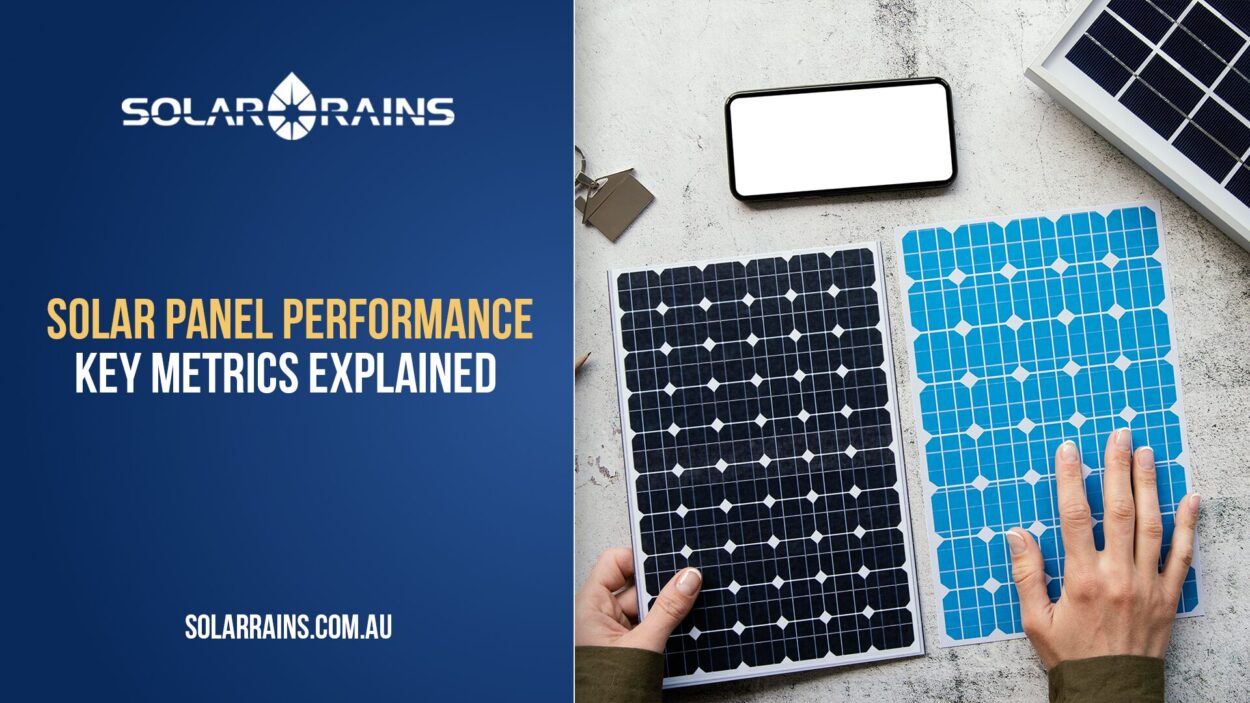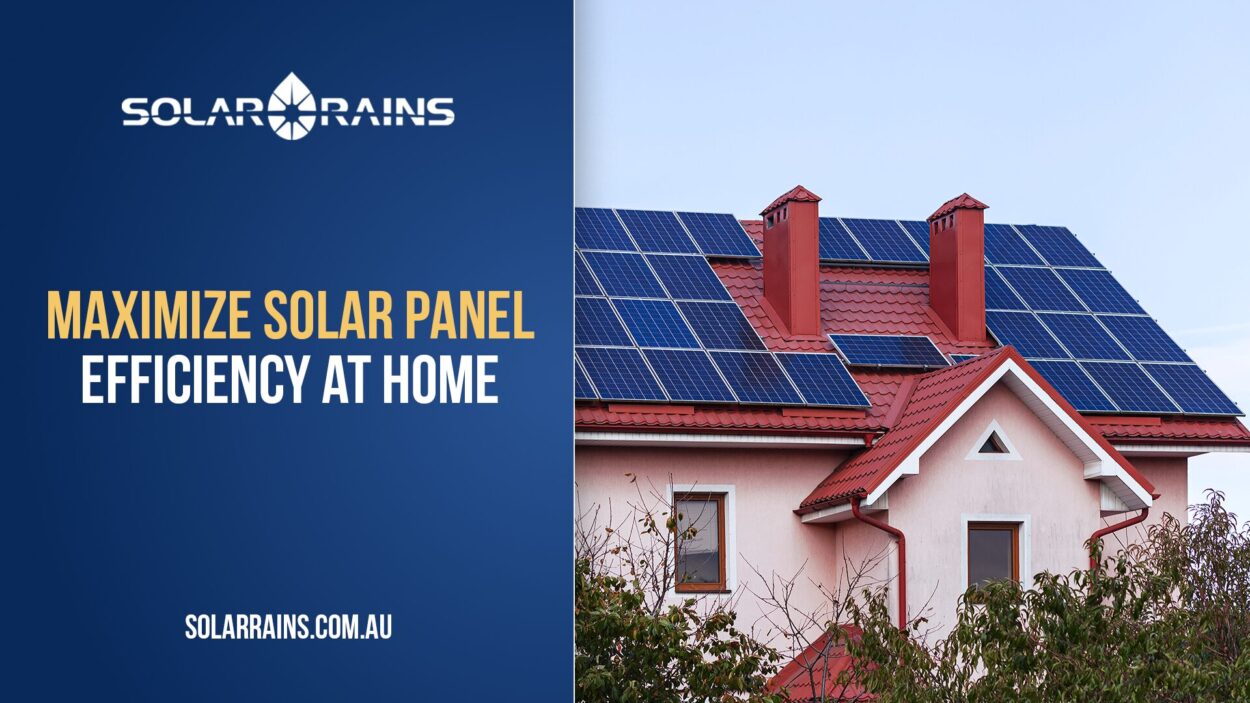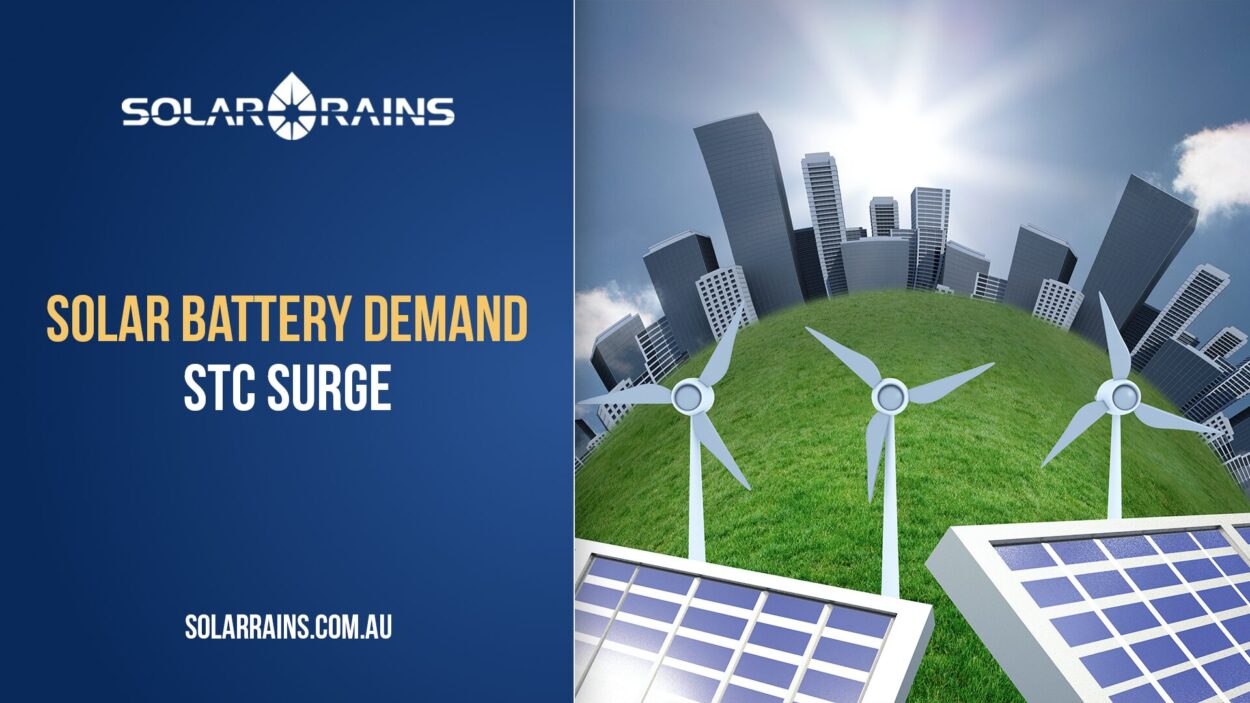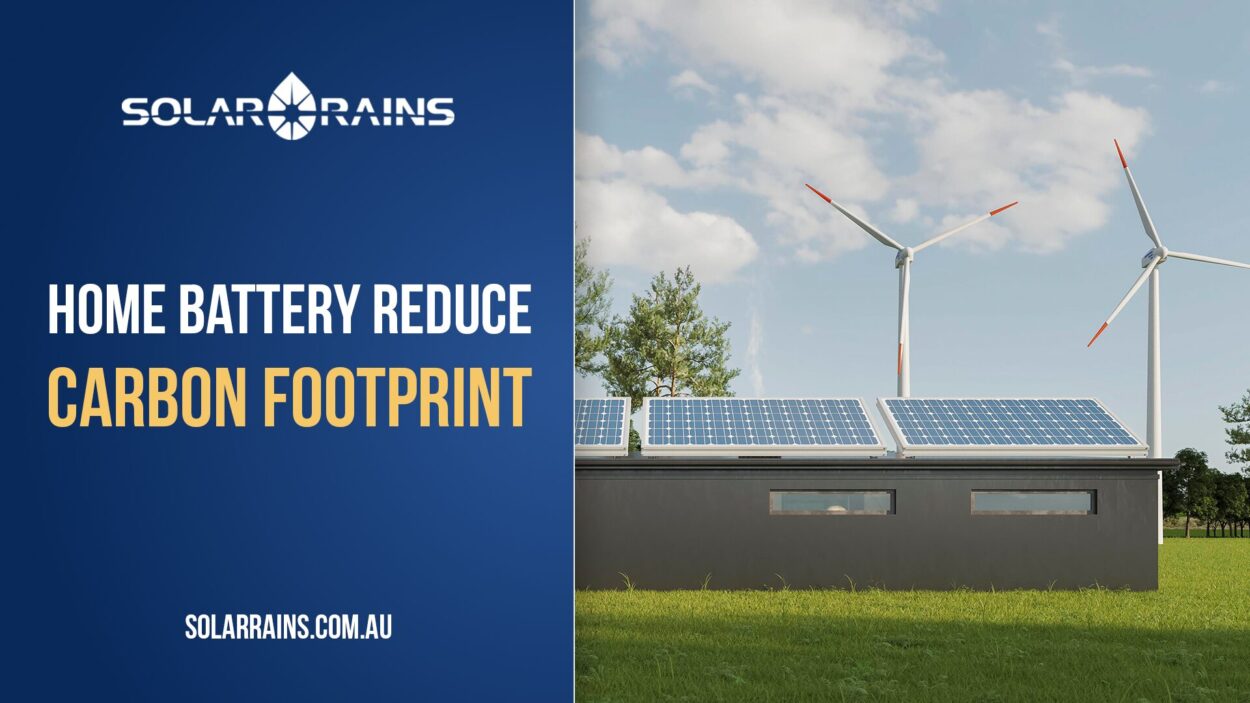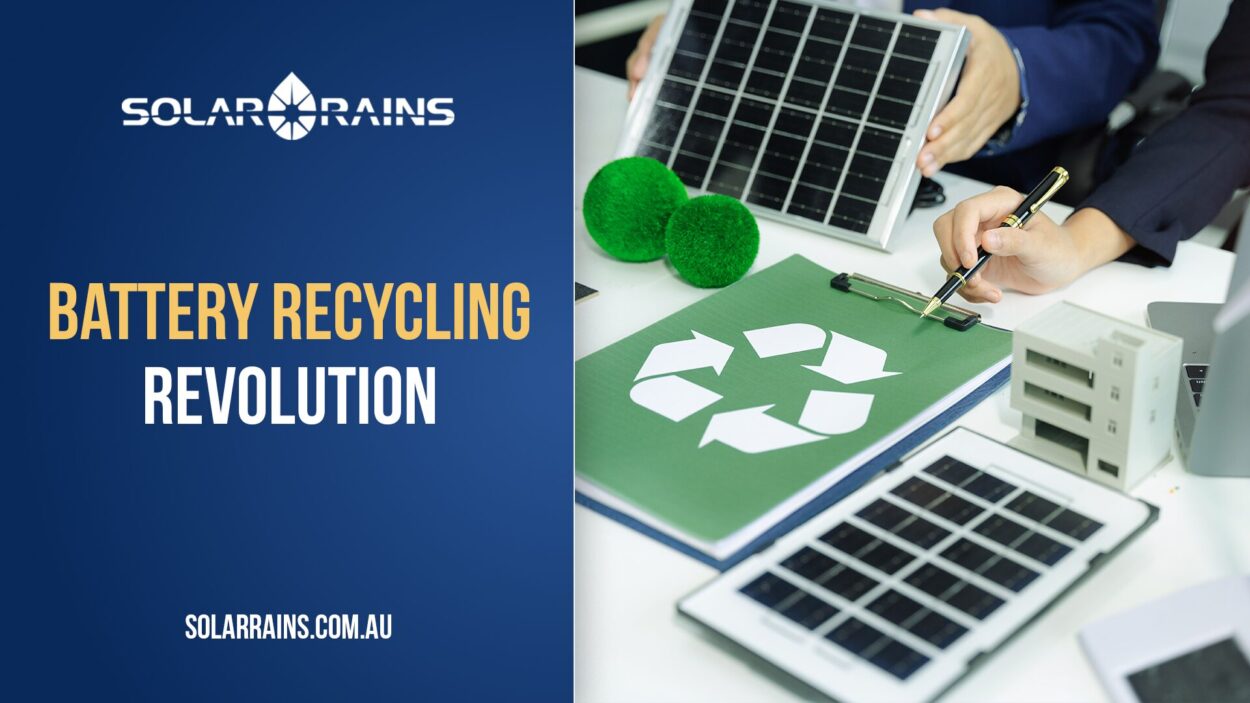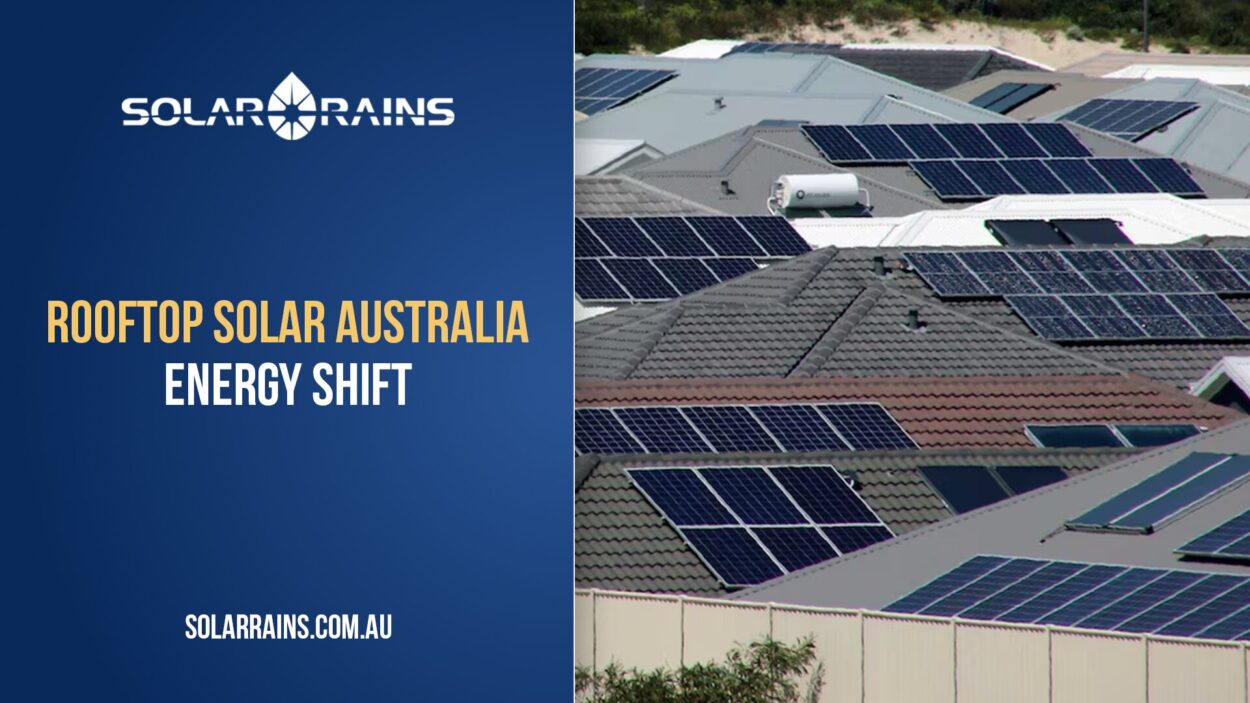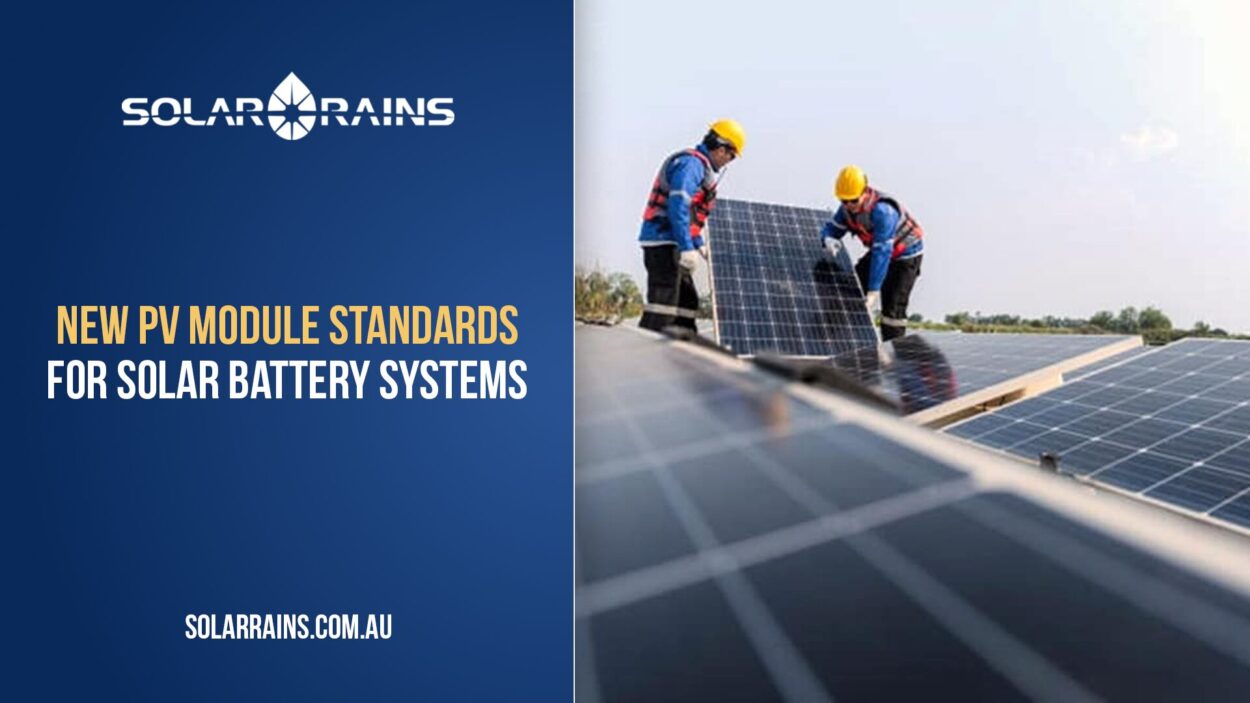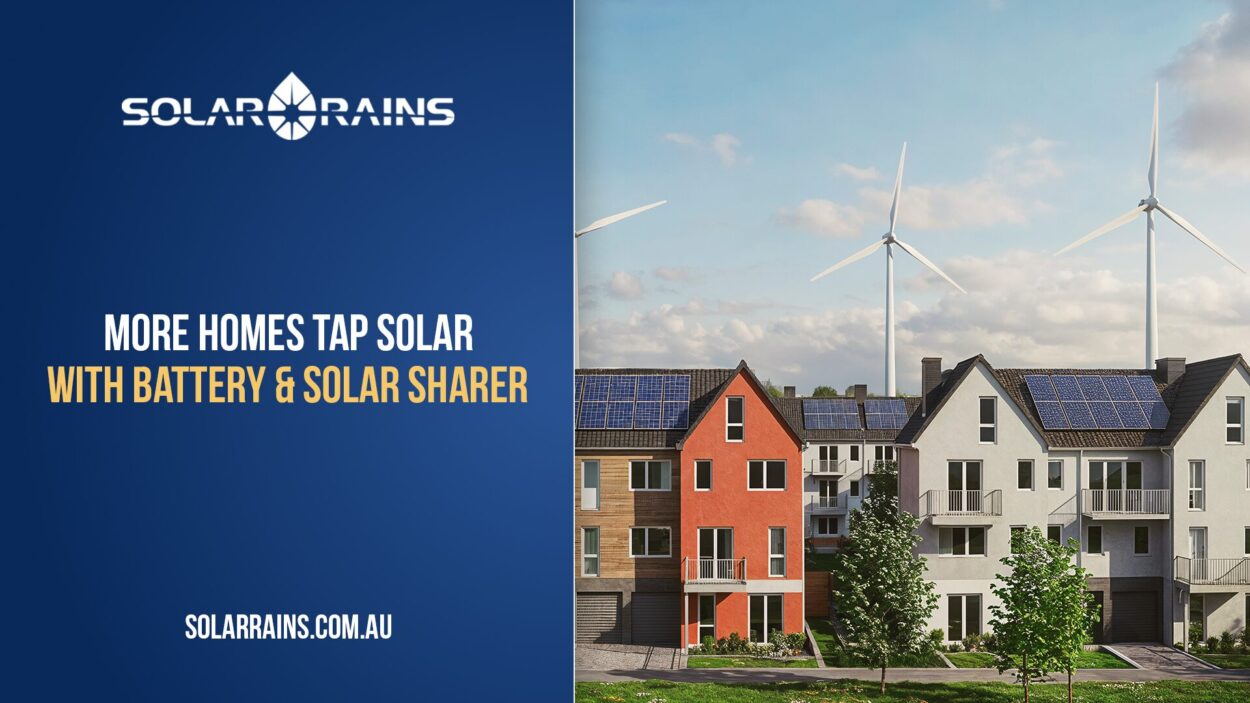When building or upgrading a solar energy system, choosing the right inverter is as important as selecting the solar panels themselves. The inverter is the “brain” of your system, converting direct current (DC) electricity from your panels into alternating current (AC) electricity that your home or business can use. But should you choose a standard solar inverter or a hybrid inverter?
In this blog, Solar Rains explores the core differences between the two technologies, so you can confidently select the solution that matches your energy goals and budget.
What Is a Standard Solar Inverter?
A standard solar inverter, often called a string inverter, is the most common type of inverter used in grid-tied residential systems. It connects one or more strings of solar panels to the electrical grid and converts DC electricity into usable AC power.

Advantages
- Cost-effective: Standard inverters are more affordable than hybrid models.
- Widely supported: Compatible with many grid-connected solar systems.
- Proven design: Used successfully for decades in solar energy systems.
Limitations
- No battery integration: Cannot store excess solar energy.
- No backup power: In the event of a grid outage, your system will shut down.
- Lower energy self-consumption: Feed-in tariffs are often lower than what you pay to draw from the grid.
This inverter is ideal for users who consume most of their power during daylight hours and don’t require backup power or battery integration.
What Is a Hybrid Inverter?
A hybrid inverter combines the features of a solar inverter and a battery inverter. It allows you to store excess solar energy in a home battery for use at night or during peak pricing periods. It also enables backup power during outages when combined with a properly sized battery.

Advantages
- Battery-ready: Simplifies future storage upgrades.
- Peak-shaving: Use stored energy during expensive grid time slots.
- Grid-independence: Maintain power even when the grid goes down.
Limitations
- Higher upfront cost: Typically more expensive than standard inverters.
- Slightly more complex to install: Requires careful configuration, especially with storage.
Hybrid inverters are ideal for those looking for energy independence, long-term cost savings, or futureproofing their systems.
Key Differences Between Hybrid & Solar Inverters
| Feature | Standard Solar Inverter | Hybrid Inverter |
| Battery Support | Not compatible | Fully compatible |
| Power Conversion | DC to AC | DC to AC + manages battery charging |
| Backup Power During Outage | No | Yes (with battery) |
| Best For | Day-use only systems | Energy self-sufficiency |
| Price Range (AUD) | $800–$1,800 | $1,800–$3,500+ |
| Suitable For | Basic residential setups | Smart homes, EV owners, rural properties |
| Inverter Brands (Solar Rains) | Deye | Deye, Swatten |
When Should You Choose a Hybrid Inverter?
You should consider a hybrid inverter if:
- You plan to install or expand a solar battery in the future.
- You live in an area with frequent blackouts or voltage fluctuations.
- You’re enrolled in or considering a Time-of-Use tariff structure.
- You want to join Virtual Power Plant (VPP) programs.
- You aim for energy independence and long-term sustainability.
When Is a Standard Solar Inverter Enough?
A standard solar inverter might be the better choice if:
- Your solar production aligns closely with your daily consumption.
- You have no intention of installing a battery.
- Budget constraints make hybrid systems unaffordable.
- Your energy provider still offers generous feed-in tariffs.
Brands Offered by Solar Rains
At Solar Rains, we carry both hybrid and standard solar inverters from leading manufacturers:
Hybrid Inverter Brands
- Swatten: Ideal for small to medium residential homes, offering a 1-phase 5kW or 6kW hybrid inverter that is compact and cost-efficient.
- Deye: Offers a wide range of single-phase and three-phase hybrid inverters, including models with high-voltage battery support and smart grid compatibility.
Solar Inverter Brands:
- Deye: Trusted for reliability and performance in both residential and light commercial setups.
Explore our range: Residential Battery & Inverter Products
FAQs
Yes. A hybrid inverter is the easiest way to ensure your system is battery-ready. If you install a standard inverter now and decide to add batteries later, you may need a complete system overhaul or additional equipment such as an AC-coupled battery inverter—leading to more costs and inefficiencies.
Only hybrid inverters paired with batteries and backup circuits can supply electricity during a grid outage. Standard inverters shut down automatically during blackouts to protect utility workers—a function known as “anti-islanding.” If blackout resilience is important to you, a hybrid inverter is essential.
Absolutely. Many homeowners install hybrid inverters without batteries initially and upgrade later when budget permits or battery prices fall. This offers flexibility and futureproofs your system. However, without a battery, you won’t have backup power or time-of-use optimization benefits.
Deye is widely trusted for its feature-rich inverters, including support for large-scale batteries and advanced monitoring. Swatten is known for value and simplicity in smaller setups. Both brands offer compatibility with leading solar battery types and are available through Solar Rains.
Yes, especially if energy usage is concentrated during the day and there’s no need for energy storage. However, businesses with unpredictable loads or power-critical operations often prefer hybrid inverters for their flexibility and reliability.
Both hybrid and standard inverters from reputable brands (like Deye and Swatten) come with integrated smart monitoring apps or web portals. Hybrid systems typically offer more data points, including battery health, charge/discharge cycles, and backup readiness.
It’s recommended to choose components with proven compatibility. Deye and Swatten inverters work with a wide range of solar battery brands (e.g., AlphaESS, Dyness). Always confirm compatibility with your solar supplier to avoid integration issues.
Most inverters come with a warranty of 5–10 years and can last 10–15 years with proper maintenance. Hybrid inverters may have more wear due to battery cycling but offer higher long-term value.
Conclusion & Expert Advice
Choosing between a hybrid inverter and a standard solar inverter depends on your current energy use and future goals. If you’re only starting out and don’t anticipate battery storage, a solar inverter may be sufficient. But if you value backup power, long-term savings, and grid independence, a hybrid inverter is a smart investment.
At Solar Rains, we carry a curated range of inverters to suit both residential and small commercial applications. Our technical team is ready to help you select the best solution for your needs.


